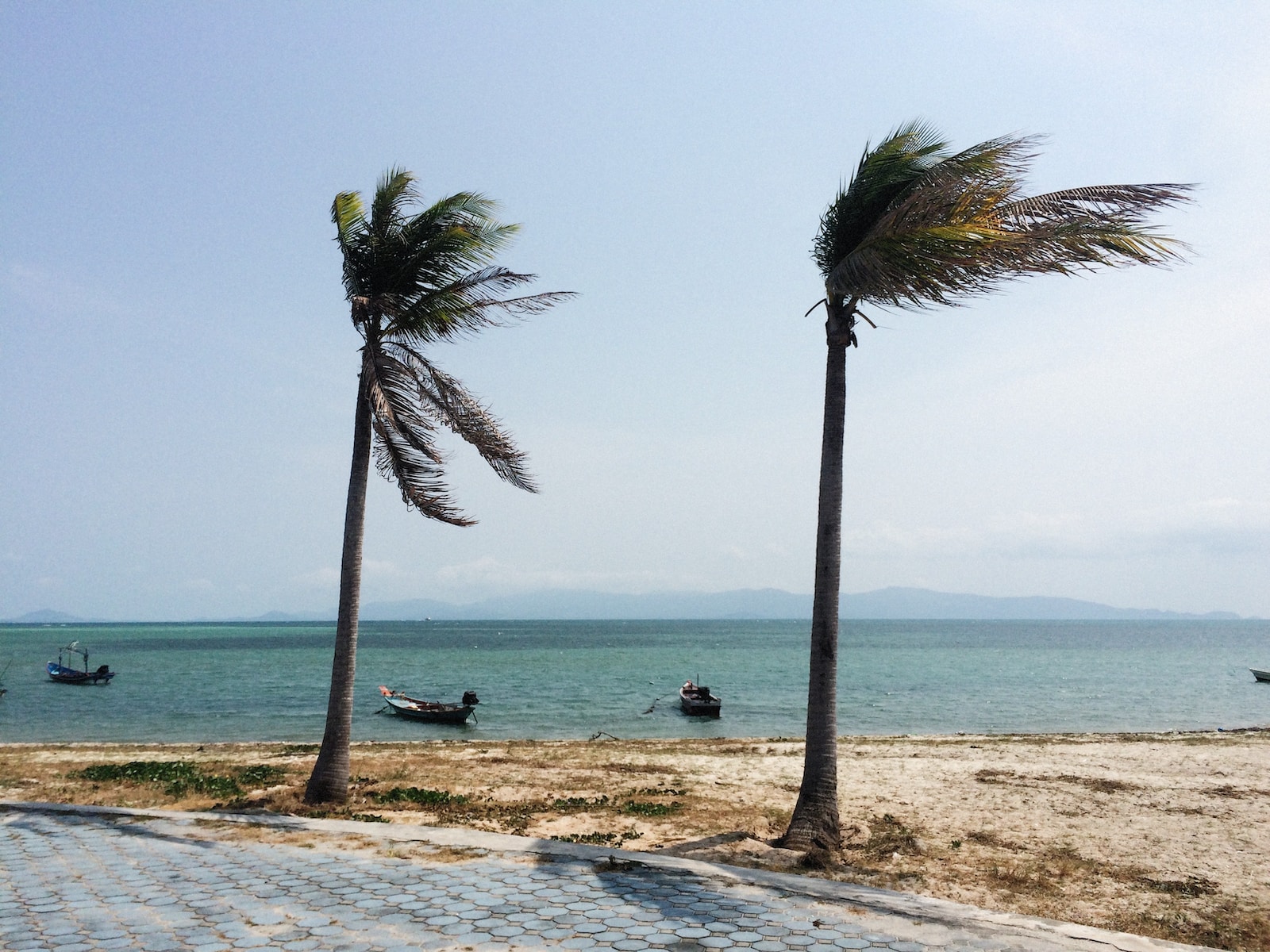
Natural Hazard Risk and Life Satisfaction. Empirical Evidence for U.S. Hurricanes
Ecological Economics 190, 107194.
Although natural hazard risk is expected to rise throughout the process of global warming, surprisingly little empirical research has been conducted on the question how hazard risk affects individual well-being. We contribute to closing this gap in the literature by combining geo-referenced survey data from the Gallup Tracking Poll and hurricane data for the United States. Using a wind field model we construct time-varying hurricane risk indicators for 2010 to 2018. We find that individuals from high risk regions report significantly lower levels of life satisfaction than their counterparts living in less risky areas, even after controlling for zip-code-specific effects and for socio-demographic differences between respondents. Thus, when considering the effects of natural disasters on measures of subjective well-being, the effects of disaster risk should be considered explicitly.


